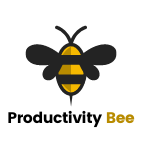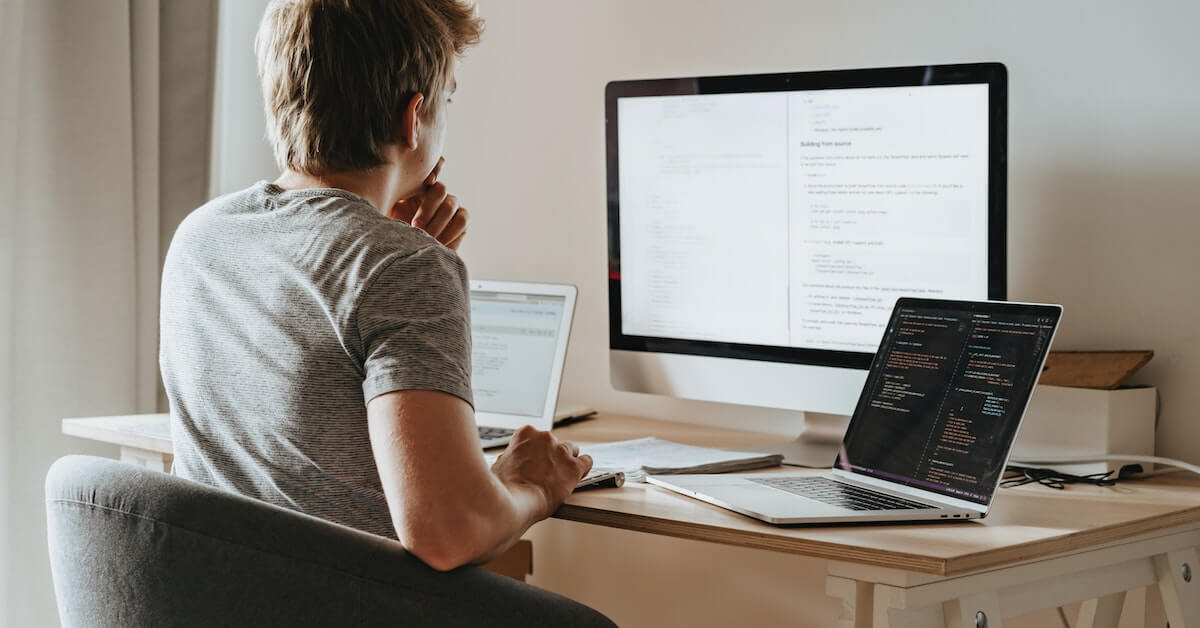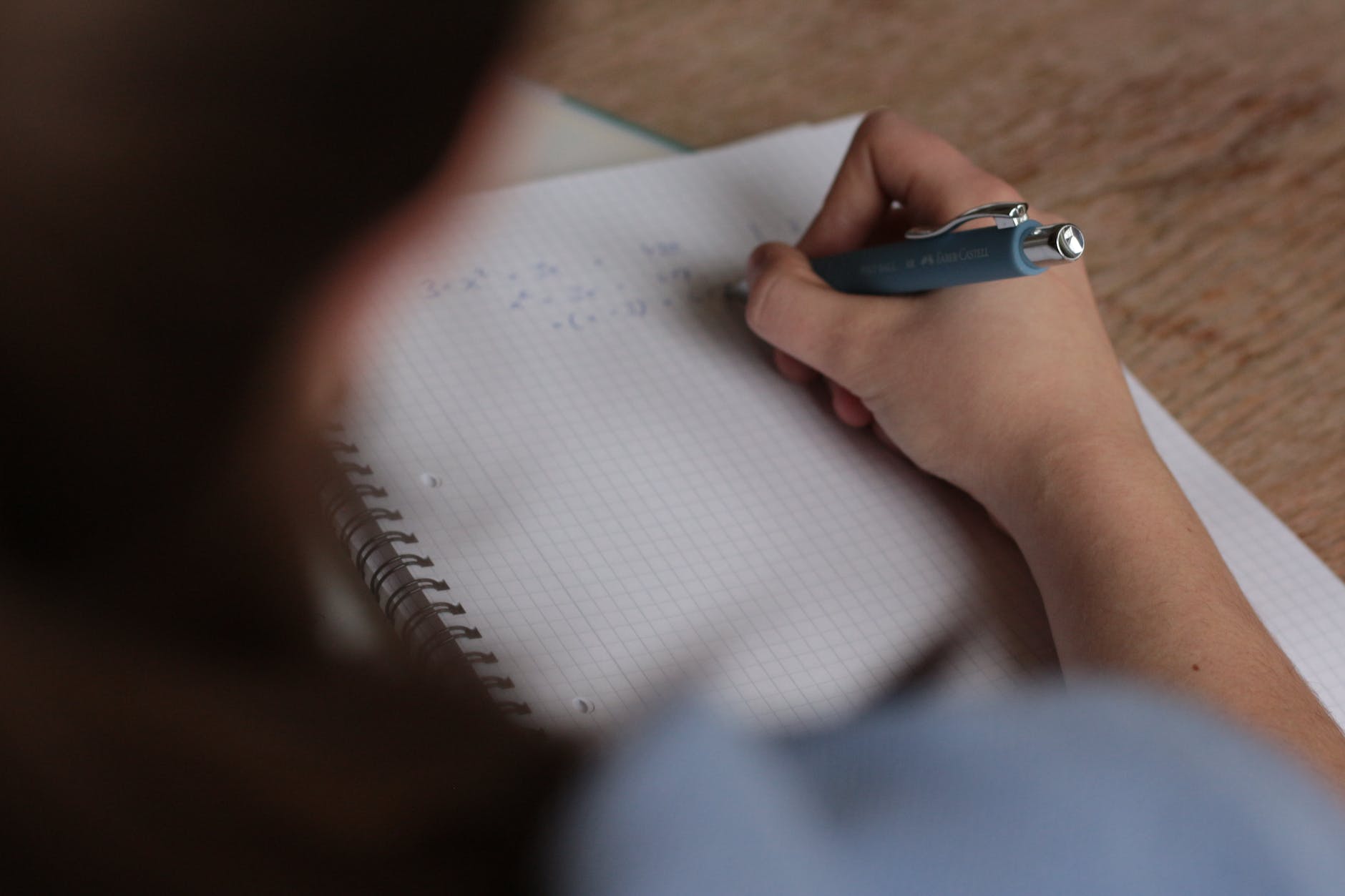We’ve all been there at work. An endless to-do list, with meetings scheduled, deadlines to meet with evening plans booked so the chance of working overtime is out of the question on some days. Sometimes a heavy workload is an issue. Sometimes it is procrastination. And sometimes you just can’t seem to get things done, leaving you with the question, what are the best ways how to stay productive at work?
For myself, there are a number of ways I have found how to stay productive at work. These might not work for everyone, but it is worth giving these a try because as Einstein once said, insanity is doing the same thing repeatedly and expecting the same result.
Write a to-do list
The first method on how to stay productive at work is to write things down. Sticky notes, whiteboard, notebook, desktop or web-based system; it doesn’t matter how you write your to-do list, what matters is that you have one.
The reason being is that our brains can only store so much information throughout the day. Which is why it is important to carry a notebook with you. During meetings, you should be taking notes, or better recording the conversion.
When writing a to-do, it should be done either the night before or first thing in the morning. Ideally, it shouldn’t be too long either. A list consisting of 5-8 items is about fine for me. I would limit the amount you add to that as well. Anything more will seem overly daunting.
You can of course a kanban approach, using tools such as Asana, Jira and Trello. These are great, but I tend to use both because sometimes you can’t add things to a kanban board, whereas adding them to a simple to-do list is easier.
I would recommend using Todoist. Simple to ease, it can be used on your smartphone, desktop, browser window or as an extension.
Prioritise that list
Once you have written down your top things to do, you now need to prioritise that list. The reason being is that some tasks are more important than others. The importance could be time-related, monetary value or goal-related. If you have a report that needs to be created by the afternoon, then that should be your top priority compared with a task such as clearing your email inbox.
To prioritise your to-do list, you can either list your items in order of importance or by adding a number 1 or 2 next to the item. 1 = high importance. 2 = low importance.
Pomodoro
This is a technique I like to use to work productively. It works by working 25-minute blocks of time, followed by a short 5 or 10-minute break. Then after 4 or 5 iterations, a longer break.
I don’t follow this religiously, however, I do use it regularly when working on tasks such as writing, testing, coding etc.
What I really like about the Pomodoro technique is that I find myself working hard to beat the clock. It gives me the drive to complete a task before the timer is up, thus making me feel better when I have completed the task in time.
A really good Pomodoro timer can be found at https://pomofocus.io/
Take regular breaks
Studies have shown that taking regular breaks from tasks that require a lot of mental stimulation is important to help with creativity. According to Seiter, 2014, Without any downtime to refresh and recharge, we’re less efficient and make more mistakes.
It seems like a common mistake. The more we work, the more we feel we can get done. But, in fact, by doing more we can mistakes, lose concentration and cause burnout. Yes, sometimes we have to pull an all-nighter to get things done, but working continuously without a break can cause stress and poor output. By using the aforementioned Pomodoro technique, we can do work in small 25-minute chunks with short breaks as a reward. Writers sometimes give themselves a reward if they complete a section of writing (a chapter for example). A reward could be chocolate, or a glass of wine, but it could be something healthier such as walking, any form of exercise, reading, or speaking to a friend or colleague.
Listen to music
Listening to music is something I and many people do to stay productive. It depends on what you listen to, for me personally I like to listen to classical, soundtracks and chilled indie. Anything with complex lyrics or heavy rock I find it difficult to concentrate. Listening topPodcasts are another
Fewer meetings
Reading an article on the BBC mentions the idea Jeff Bezos, the founder of Amazon introduced on how to stay productive at work – or in particular meetings. The idea of a 6-page memo at the start of a meeting. This is to prevent attendees from sitting through countless PowerPoint presentation slides. So, basically, if it doesn’t need to be a meeting, send an email. I remember working for companies where it seemed the managers were in meetings every other day. Sometimes without their support things, urgent things would have to wait. “There are probably 20% or 30% of meetings that don’t actually need to be meetings”.
Meetings are great for discussing ideas, kick-starting a project and talking with clients. Sometimes without meetings, things just go around in circles. But, to stay productive you need to make sure if it needs written communication or a meeting.





